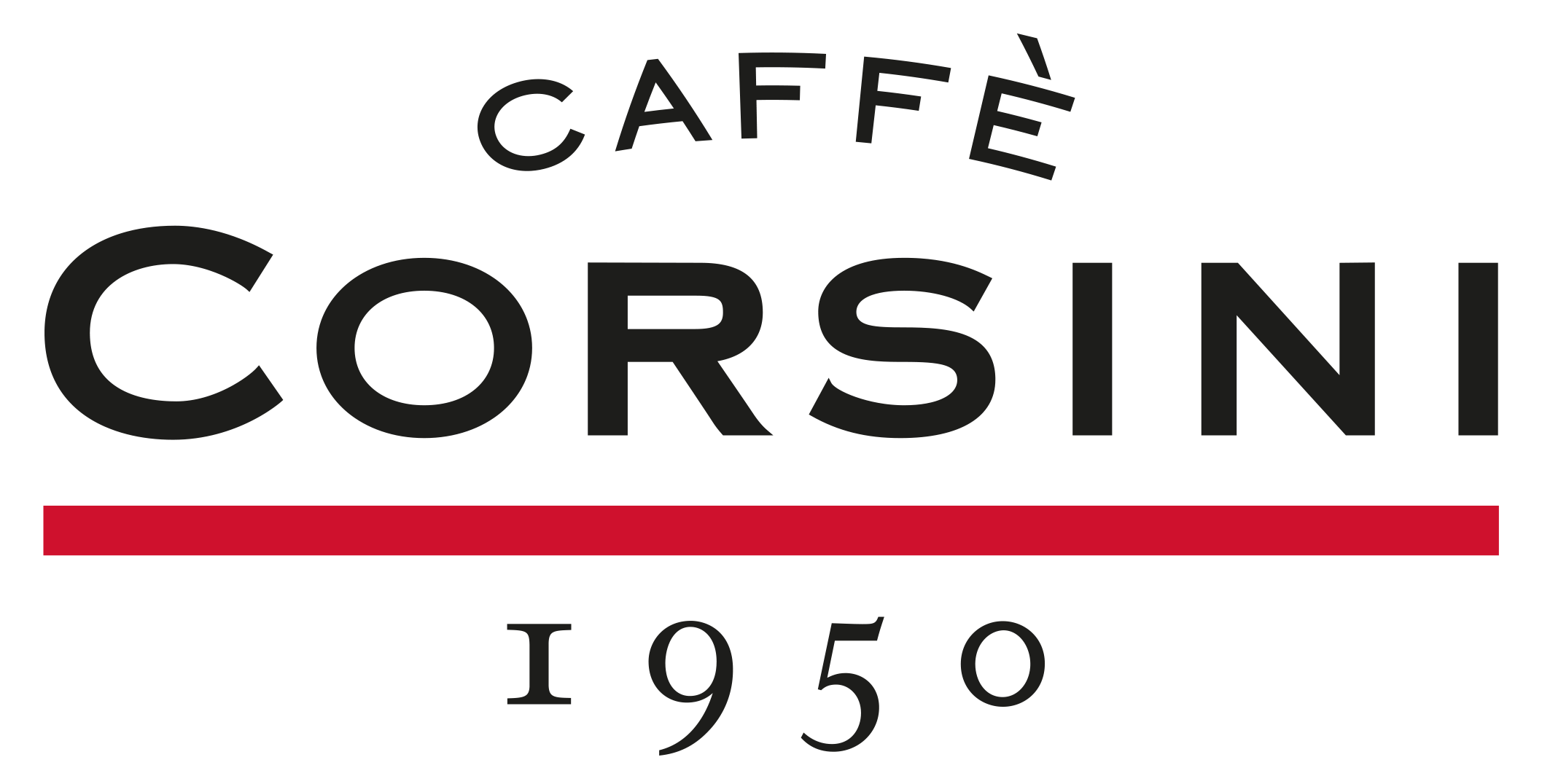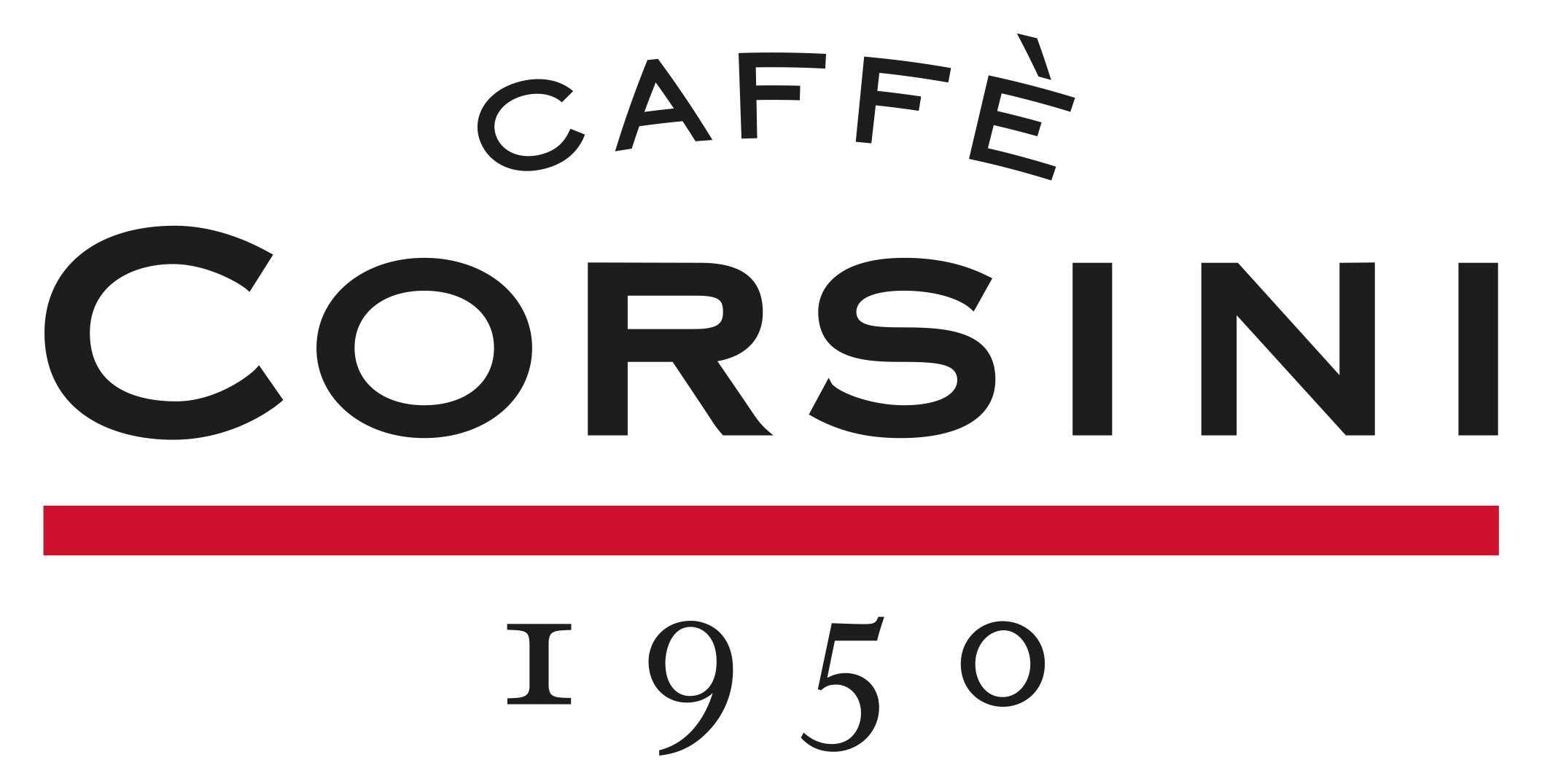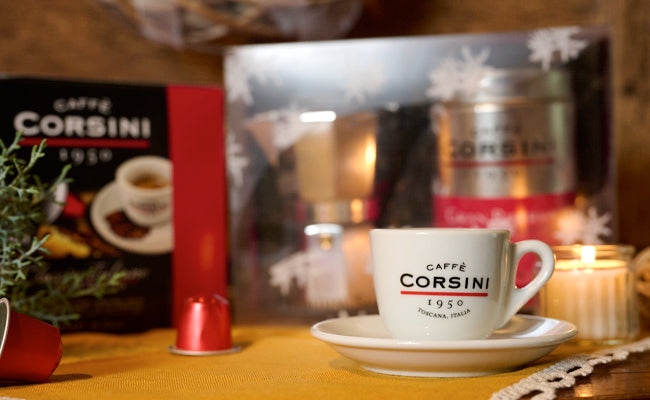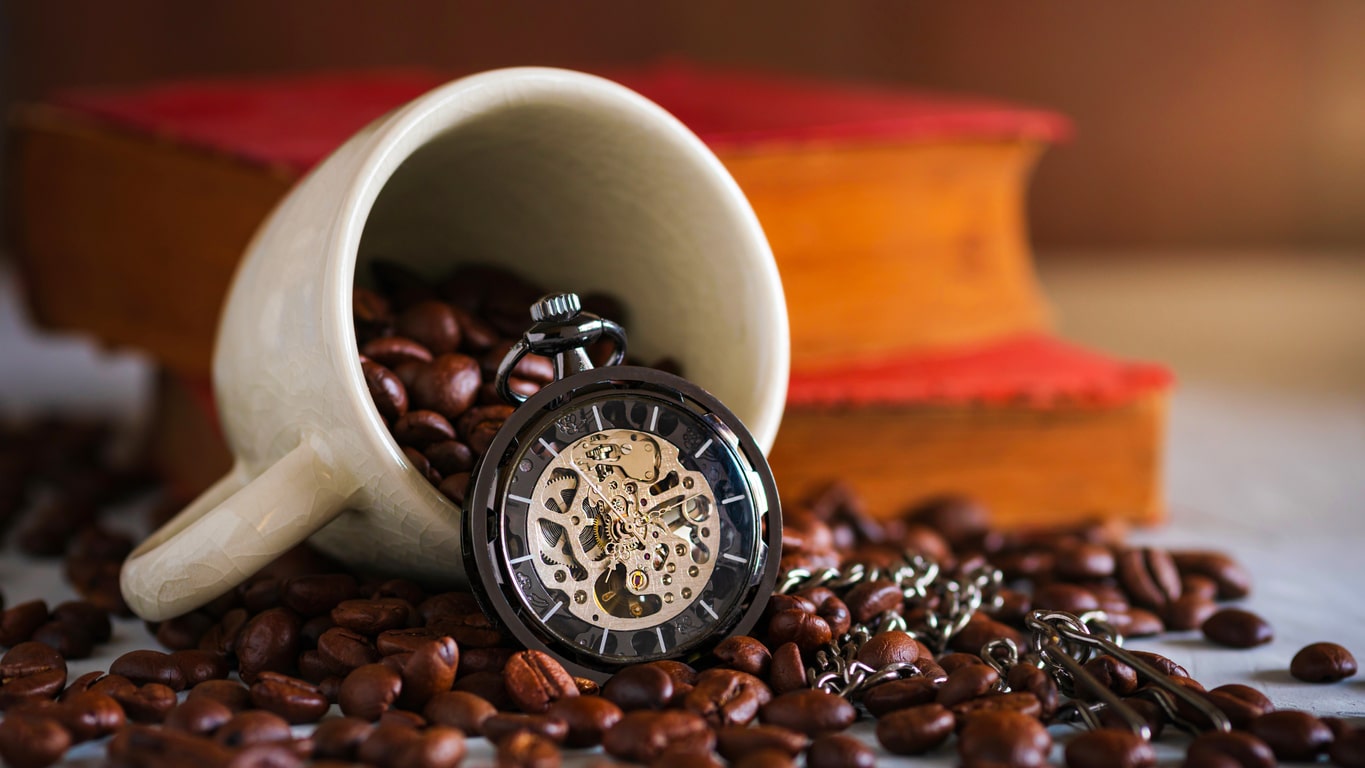
The history of coffee: origins and types
The history of coffee has very ancient origins. Over the centuries, the beverage has successfully conquered the world.
From Africa and Asia to Europe and South America, the culture of coffee, its cultivation, roasting and preparation have an extremely long history which has made it one of the world´s most widespread products.
What´s more, the flavour of coffee means it has become one of the most delicious and best-loved beverages all over the world. Come with us to discover the details of its origins and history, and the most renowned coffee varieties.
The origins of coffee
There is no certain information about the origins of coffee when used as a beverage. The first evidence of coffee appears in the Far East some 400 years before the birth of Christ. More concrete evidence is found around the 6th century in the Saba kingdom of Africa.
The first treatise on coffee is De Saluberrima Potione, written in 1671 by the monk Fausto Naironi. Set in Ethiopia, it tells the legend of the shepherd Kaldi who set out to search for his goats when they failed to return one night. The following day he found them in a state of euphoria near a plant with shiny red berries. Curious, the shepherd tasted the berries and discovered their intense stimulating properties. So Kaldi embarked on a journey to take the fruit to the Chehodet monastery in Yemen.
The local holy man immediately concluded that the bright red berries were the work of the devil. He threw them into the fire, and they began giving off an intense aroma.
He then decided to collect the berries, crush them and infuse them in hot water, creating the world´s first cup of coffee.
Further reading: The benefits of coffee.
The history of coffee in Italy and Europe
Coffee arrived in Europe and Italy much later than its discovery in Africa. Having become widespread in Africa, during the early 16th century coffee began to spread into Turkey and Arabic, and later southern India. From here it found its way to traders from Holland and Venice.
Dutch merchants, who had been exporting various products such as sandalwood, silk and incense all over the world since the early 17th century, immediately saw the potential of coffee, and facilitated its expansion to other parts of the world.
In the 17th century, Venetian merchants also began importing coffee. It was brought to Venice and Naples, the main ports for colonial shipping. So coffee began arriving in Italy from the coasts of Ethiopia, East Africa and the Far East.
On its arrival in Italy, coffee was greeted with hostility for a long time. The church in particular was mistrustful of the product, because it came from Arabic countries. Furthermore, they feared it would become too popular. However, before condemning coffee, Pope Clement VIII decided to try it.
He liked it so much that he eventually decided to bless coffee, declaring that it would be a pity to let infidels have exclusive use of it. And so coffee became a key part of Italian social circles.
The first half of the 17th century saw the opening of the first Italian café, Caffè Florian. Places for the enjoyment of coffee began to spring up not only in Venice, but also in other Italian cities: Caffè Greco in Rome, the San Carlo in Turin and many more.
Further reading: The coffee plant: from cultivation to harvest.
Types of coffee around the world
What are the main types of coffee in the world? There are many varieties of coffee around the world, with different flavours and aromas. But which are the best known?
The main types of coffee include Arabica, Robusta, Liberica and Excelsa, each of which has its own specific properties.
The different types of coffee vary in flavour according to the provenance of the beans and also the roasting. Coffee beans that are roasted for longer have a more intense aroma and a darker colour. However, the quality of the resulting coffee has unmistakable features in terms of aroma, acidity, intensity and body.
100% Arabica coffee is sweet, slightly acidic, fragrant and ideal for those who prefer a more classic coffee flavour. Its aromatic properties give it a pleasant fruity aroma, a light, smooth body and medium intensity.
Robusta coffee is grown in Africa, south-east Asia and also Brazil. The caffeine content is very high, making this the ideal choice for those seeking a bold, full-bodied flavour.
Further reading: The differences between Arabica and Robusta coffee.
The beans are distinguished by a darker colour and a slightly more rounded shape. The flavour is strong and spicy, with notes of chocolate and nuts.
Excelsa coffee has a delicate, fragrant flavour quite similar to Arabica. This variety was discovered in Africa in the early 20th century, and is the perfect blend for those who prefer a medium-intensity coffee.
Lastly, albeit less widespread, Liberica coffee originates in Liberia and the Ivory Coast. The beans of this variety give a pleasant, aromatic tasting coffee.
Caffè Corsini, Italian excellence from Tuscany
If you want to prepare a high-quality coffee that showcases all the aromatic properties, choose your products from our online shop. Corsini has always brought an excellent Italian product from Tuscany to the homes of coffee lovers!.
Founded in 1950 by Corsino Corsini, Caffè Corsini has become an extremely famous coffee roaster in Italy and overseas, delivering superb quality. Having started as a small artisan producer of espresso coffee, today the brand produces high-quality coffees with a strong focus on sustainability.
When you choose Caffè Corsini, you´ll find coffee blends specifically designed to delight the palate. Over the years, the Caffè Corsini art of coffee has been handed down through the generations, giving every product great creativity and extraordinary excellence.
If you want to try high-quality coffee in a variety of blends developed with meticulous expertise, you can rely on Caffè Corsini! At our online shop you´ll find ground coffee and beans, pods and capsules compatible with a range of coffee machines!
From Africa and Asia to Europe and South America, the culture of coffee, its cultivation, roasting and preparation have an extremely long history which has made it one of the world´s most widespread products.
What´s more, the flavour of coffee means it has become one of the most delicious and best-loved beverages all over the world. Come with us to discover the details of its origins and history, and the most renowned coffee varieties.
The origins of coffee
There is no certain information about the origins of coffee when used as a beverage. The first evidence of coffee appears in the Far East some 400 years before the birth of Christ. More concrete evidence is found around the 6th century in the Saba kingdom of Africa.
The first treatise on coffee is De Saluberrima Potione, written in 1671 by the monk Fausto Naironi. Set in Ethiopia, it tells the legend of the shepherd Kaldi who set out to search for his goats when they failed to return one night. The following day he found them in a state of euphoria near a plant with shiny red berries. Curious, the shepherd tasted the berries and discovered their intense stimulating properties. So Kaldi embarked on a journey to take the fruit to the Chehodet monastery in Yemen.
The local holy man immediately concluded that the bright red berries were the work of the devil. He threw them into the fire, and they began giving off an intense aroma.
He then decided to collect the berries, crush them and infuse them in hot water, creating the world´s first cup of coffee.
Further reading: The benefits of coffee.
The history of coffee in Italy and Europe
Coffee arrived in Europe and Italy much later than its discovery in Africa. Having become widespread in Africa, during the early 16th century coffee began to spread into Turkey and Arabic, and later southern India. From here it found its way to traders from Holland and Venice.
Dutch merchants, who had been exporting various products such as sandalwood, silk and incense all over the world since the early 17th century, immediately saw the potential of coffee, and facilitated its expansion to other parts of the world.
In the 17th century, Venetian merchants also began importing coffee. It was brought to Venice and Naples, the main ports for colonial shipping. So coffee began arriving in Italy from the coasts of Ethiopia, East Africa and the Far East.
On its arrival in Italy, coffee was greeted with hostility for a long time. The church in particular was mistrustful of the product, because it came from Arabic countries. Furthermore, they feared it would become too popular. However, before condemning coffee, Pope Clement VIII decided to try it.
He liked it so much that he eventually decided to bless coffee, declaring that it would be a pity to let infidels have exclusive use of it. And so coffee became a key part of Italian social circles.
The first half of the 17th century saw the opening of the first Italian café, Caffè Florian. Places for the enjoyment of coffee began to spring up not only in Venice, but also in other Italian cities: Caffè Greco in Rome, the San Carlo in Turin and many more.
Further reading: The coffee plant: from cultivation to harvest.
Types of coffee around the world
What are the main types of coffee in the world? There are many varieties of coffee around the world, with different flavours and aromas. But which are the best known?
The main types of coffee include Arabica, Robusta, Liberica and Excelsa, each of which has its own specific properties.
The different types of coffee vary in flavour according to the provenance of the beans and also the roasting. Coffee beans that are roasted for longer have a more intense aroma and a darker colour. However, the quality of the resulting coffee has unmistakable features in terms of aroma, acidity, intensity and body.
100% Arabica coffee is sweet, slightly acidic, fragrant and ideal for those who prefer a more classic coffee flavour. Its aromatic properties give it a pleasant fruity aroma, a light, smooth body and medium intensity.
Robusta coffee is grown in Africa, south-east Asia and also Brazil. The caffeine content is very high, making this the ideal choice for those seeking a bold, full-bodied flavour.
Further reading: The differences between Arabica and Robusta coffee.
The beans are distinguished by a darker colour and a slightly more rounded shape. The flavour is strong and spicy, with notes of chocolate and nuts.
Excelsa coffee has a delicate, fragrant flavour quite similar to Arabica. This variety was discovered in Africa in the early 20th century, and is the perfect blend for those who prefer a medium-intensity coffee.
Lastly, albeit less widespread, Liberica coffee originates in Liberia and the Ivory Coast. The beans of this variety give a pleasant, aromatic tasting coffee.
Caffè Corsini, Italian excellence from Tuscany
If you want to prepare a high-quality coffee that showcases all the aromatic properties, choose your products from our online shop. Corsini has always brought an excellent Italian product from Tuscany to the homes of coffee lovers!.
Founded in 1950 by Corsino Corsini, Caffè Corsini has become an extremely famous coffee roaster in Italy and overseas, delivering superb quality. Having started as a small artisan producer of espresso coffee, today the brand produces high-quality coffees with a strong focus on sustainability.
When you choose Caffè Corsini, you´ll find coffee blends specifically designed to delight the palate. Over the years, the Caffè Corsini art of coffee has been handed down through the generations, giving every product great creativity and extraordinary excellence.
If you want to try high-quality coffee in a variety of blends developed with meticulous expertise, you can rely on Caffè Corsini! At our online shop you´ll find ground coffee and beans, pods and capsules compatible with a range of coffee machines!
Blog posts

NEWS
Conciliazione Vita-Lavoro: Bando welfare aziendale Regione Toscana
Conciliazione Vita-Lavoro: Bando welf...
Read more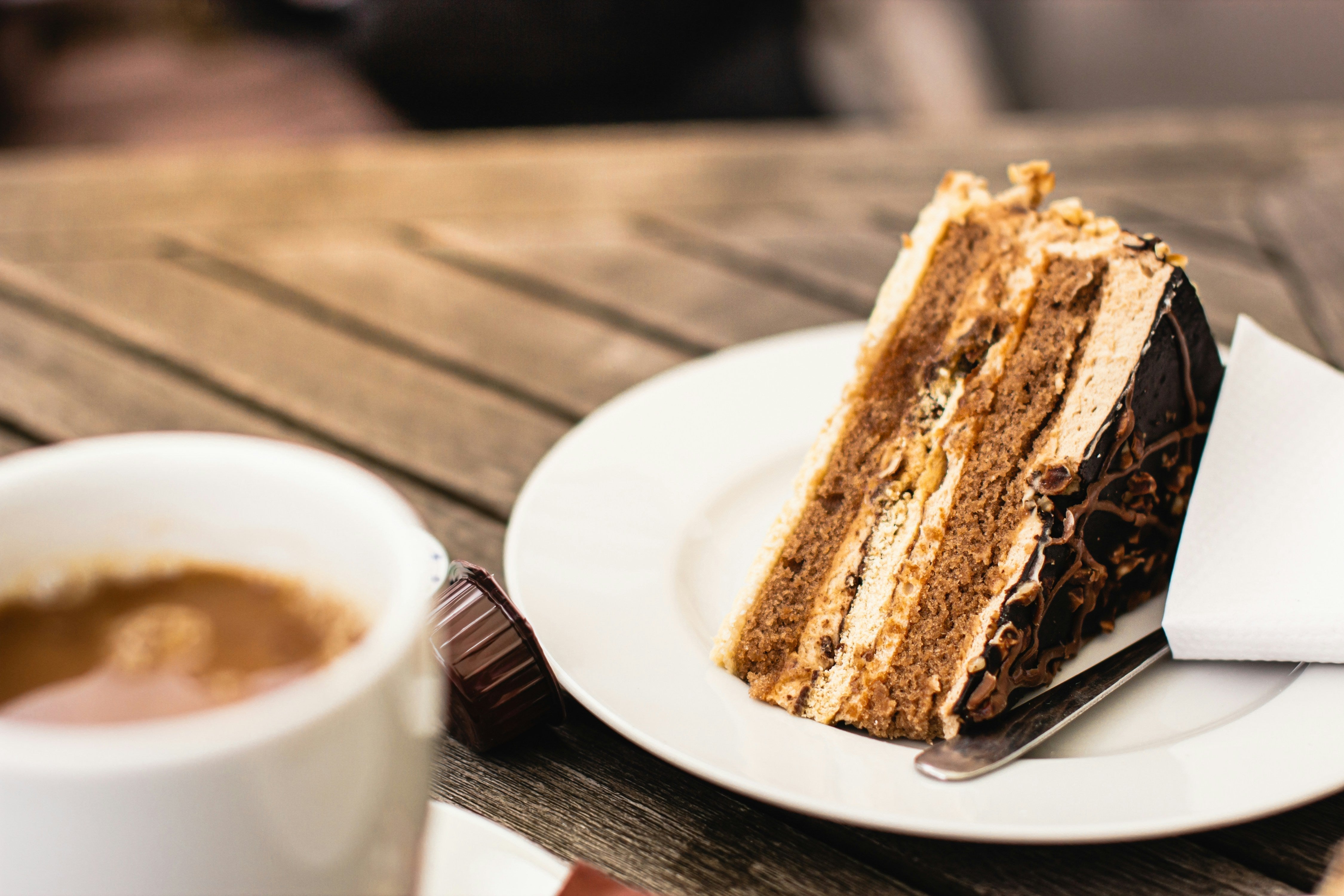
The best coffee recipes with the Thermomix®: breakfast, break and after dinner
Long, short, espresso. Macchiato, cre...
Read more